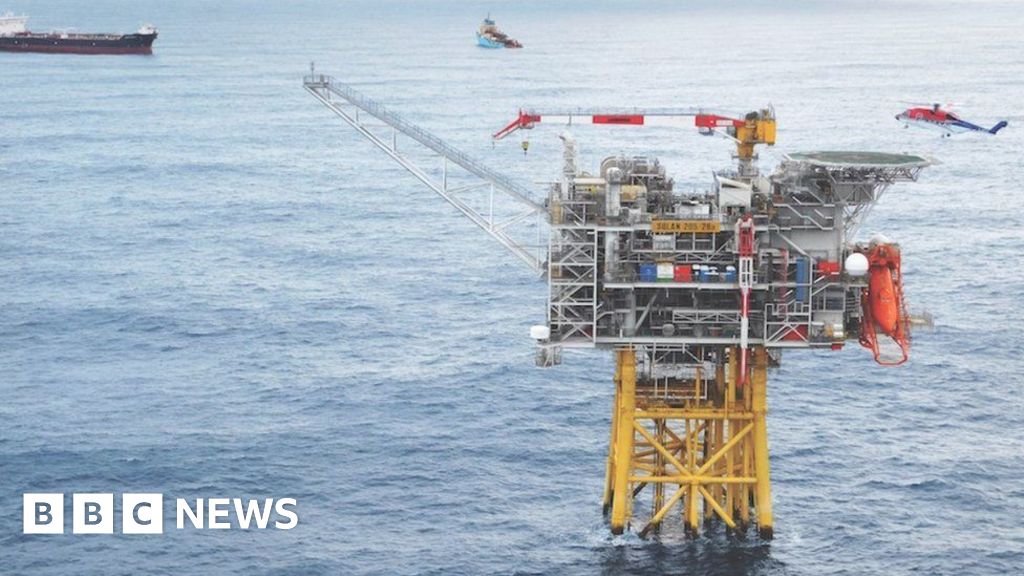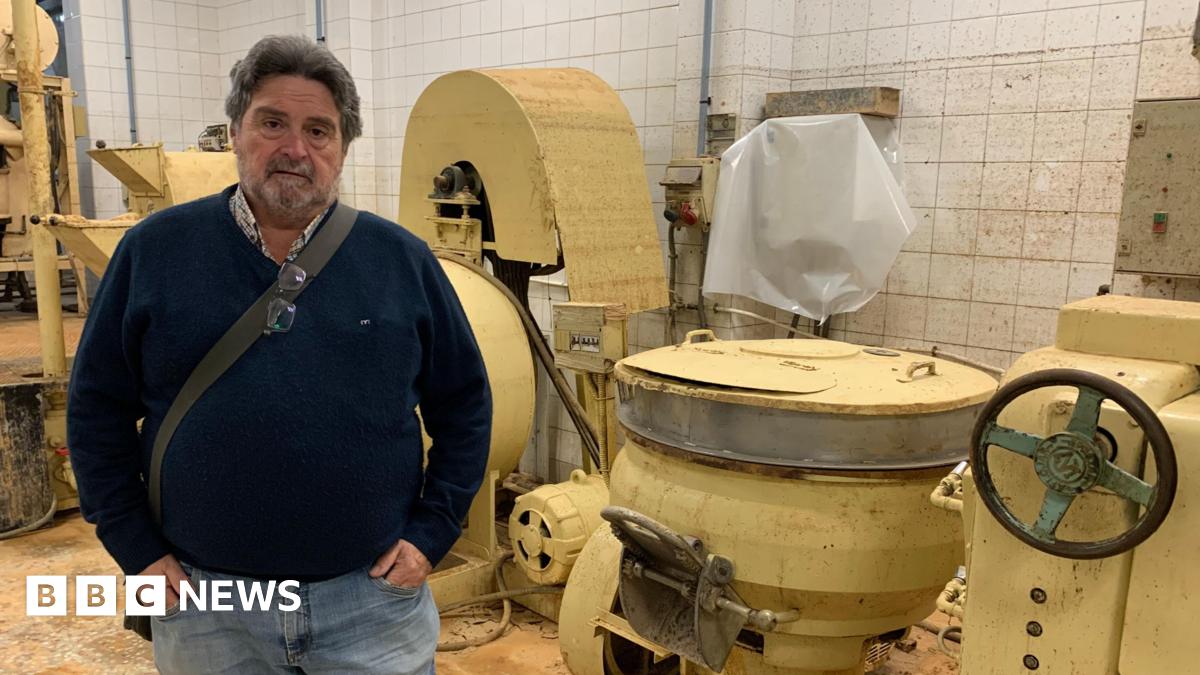LetterOne was a part-owner of Wintershall, and shares have been exchanged for shares in Harbour Energy.
Some of Wintershall’s Russia-linked assets, including a joint venture with Gazprom, are not part of the deal and remain with BASF.
Under the terms of the deal, LetterOne will have no voting rights in Harbour Energy, but it will receive a share of Harbour’s profits paid as dividends.
LetterOne’s shares could potentially convert into voting shares if the two Russians cease to be sanctioned.
LetterOne owns a diverse range of assets around the world, worth $18bn (£13.8bn), including the health food retailer Holland and Barrett.
Fridman and Aven were sanctioned in March 2022 shortly after Russia invaded Ukraine. Together they own just under 50% of the group. Most of the rest is owned by another Russian, Andrei Kosogov, who is not sanctioned.
The government forced LetterOne to sell a regional broadband provider, Upp, in 2022 over fears that it represented a “risk to national security”.
LetterOne denied this and is appealing the decision.
Louis Wilson, head of fossil fuel investigations at campaign group Global Witness, said: “The UK government and Harbour should have run a mile from this deal.
“A company part-owned by sanctioned Russian oligarchs, which the Tories considered too much of a security risk to own a few thousand UK broadband connections, has been given a big chunk of the UK’s biggest oil producer.
“Oligarchs should have no place in the UK’s energy industry’’.
A LetterOne spokesperson said: “LetterOne is committed to making long-term investments in businesses that matter.
“We are proud to be part of a bigger, stronger UK energy business that will bolster energy security, increase investment and create jobs while helping deliver the nation’s ambitious energy transition goals.”
Harbour Energy declined to comment.
Credit: Source link











